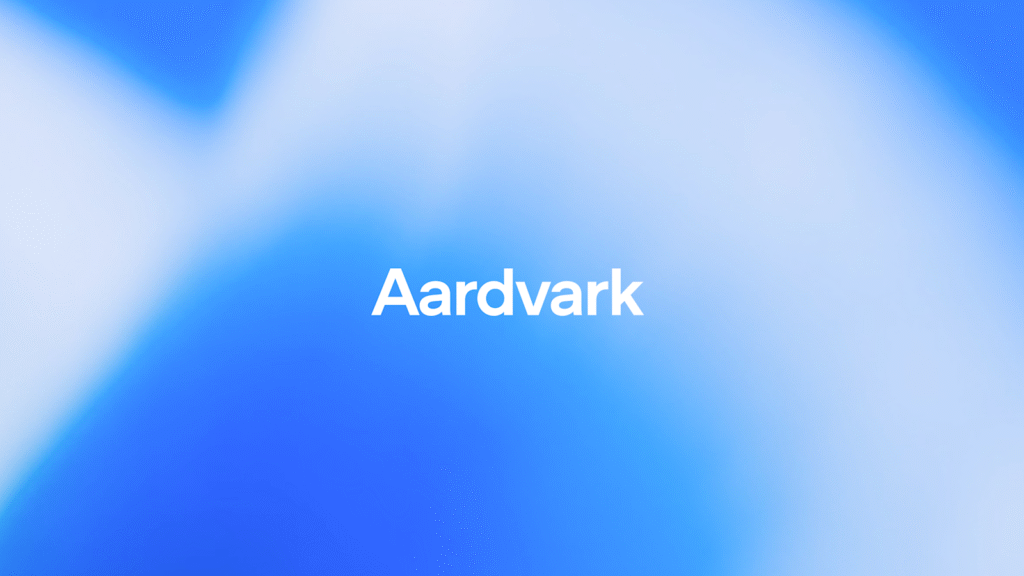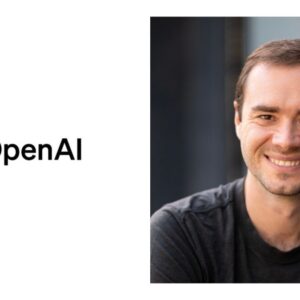In a bold step toward automated cybersecurity, OpenAI has officially launched Aardvark, an autonomous security research agent powered by GPT-5, now available in private beta. The announcement, made on October 30, 2025, marks one of the most ambitious expansions of large language model applications into real-time cybersecurity defense.
The company describes Aardvark as a “defender-first AI model” — a system designed not just to detect, but also to validate, exploit, and patch vulnerabilities autonomously. In an era where cyber threats evolve daily, this innovation could fundamentally change how organizations safeguard their software and digital assets.

A New Standard for Vulnerability Detection and Validation
Unlike traditional vulnerability scanners or static analysis tools that depend heavily on pattern matching and fuzzing, Aardvark uses language model reasoning to understand the logic, flow, and behavior of code — much like a seasoned human security researcher.
According to OpenAI’s announcement on openai.com,
“Aardvark continuously monitors code repositories, identifies vulnerabilities, determines potential exploit paths, and proposes secure patches — all autonomously.”
Early benchmark testing revealed that Aardvark achieved a 92% detection rate when tested against repositories containing both known and artificially introduced vulnerabilities. The system has already discovered multiple security flaws in popular open-source projects, with ten of its findings assigned official CVE identifiers, underscoring its potential impact on real-world security research.
Aardvark operates through a multi-stage security pipeline, starting with:
- Automated threat modeling across entire repositories.
- Commit-level code scanning based on repository structure and dependencies.
- Sandbox testing to reproduce exploit conditions and confirm vulnerability severity.
This pipeline drastically reduces false positives — a common issue with conventional scanning tools — ensuring that developer attention is focused only on verified, high-risk vulnerabilities.
Seamless Integration With GitHub and OpenAI Codex
To support developers directly, Aardvark integrates deeply with GitHub workflows, enabling continuous scanning in the background without interrupting active development.
When vulnerabilities are identified, the system automatically:
- Generates secure patches using OpenAI Codex,
- Attaches code recommendations for developer review, and
- Files reports within GitHub issues or CI/CD pipelines for rapid action.
This integration allows for real-time vulnerability remediation, blending AI automation with human oversight — a combination OpenAI calls “the hybrid defense model.”
Developers can thus maintain productivity while ensuring their projects stay protected from newly emerging exploits and dependency attacks.
The Market Impact: Enterprises Rush Toward AI Security
While Aardvark remains in private beta, early indicators show strong enterprise interest in AI-driven security. A recent survey from Cyberhaven Labs revealed that 27.7% of enterprises adopt AI-based security tools within days of release, with adoption rates highest in:
- Technology (67%),
- Pharmaceuticals (50%), and
- Finance (40%) sectors.
This enthusiasm comes as the world faces escalating cyber challenges — over 40,000 new CVEs were reported in 2024, the highest annual number ever recorded.
OpenAI’s internal research further highlights the urgency: around 1.2% of all code commits introduce new bugs, many of which can evolve into critical vulnerabilities if undetected.
By automating detection and patch generation, Aardvark aims to dramatically reduce the time between vulnerability discovery and mitigation — a metric that has traditionally spanned weeks or even months.
Expert Reactions: From Skepticism to Excitement
Security professionals are cautiously optimistic about Aardvark’s potential. Eli Ben-David, CTO of Israeli cybersecurity startup SentinelG, commented in an interview with StartupHub.ai:
“If Aardvark can truly reason about code and validate vulnerabilities autonomously, it could represent a paradigm shift — not just in AI, but in how we think about security engineering.”
However, some experts also urge careful rollout and oversight, noting that autonomous vulnerability discovery tools could pose risks if not strictly sandboxed or if exploited by malicious actors.
OpenAI reassured users that Aardvark operates in isolated test environments, never executing unverified code in production or external networks. All findings are stored securely within encrypted, organization-controlled sandboxes.
The Future of AI in Cyber Defense
Aardvark’s debut underscores a broader trend — AI models are no longer just assisting developers; they’re defending them.
By coupling reasoning models like GPT-5 with deep code understanding and automated exploit simulation, OpenAI has positioned itself at the center of a new cybersecurity revolution.
Industry analysts predict that within the next two years, AI-driven security agents will become standard in enterprise development pipelines, performing automated testing, red-teaming, and compliance checks.
For now, OpenAI says Aardvark will remain in closed beta with select enterprise and open-source partners before expanding access later in 2026.
Developers and organizations interested in early access can request private beta enrollment via OpenAI’s official Aardvark page.
Reference Links
- OpenAI Official Announcement – Aardvark Security Agent Launch
- StartupHub.ai – AI Security Tools Market Overview
- Cyberhaven Labs – Enterprise AI Security Adoption Data
- TechCrunch – OpenAI’s Next-Gen AI for Cybersecurity (Upcoming Coverage)









